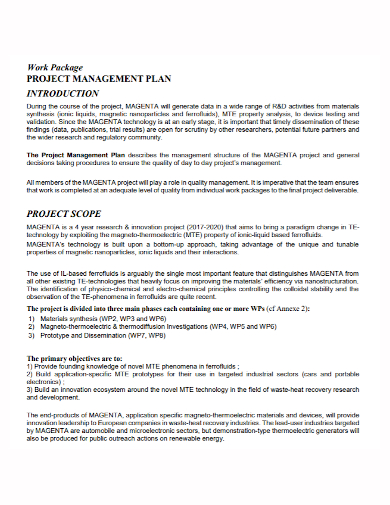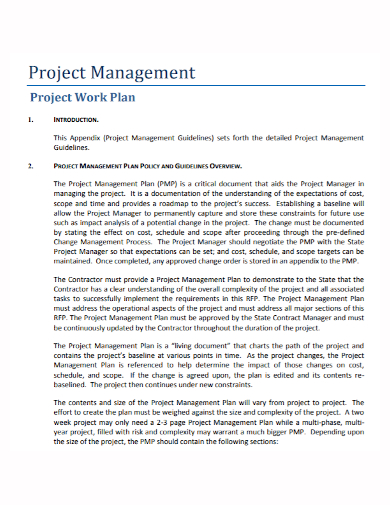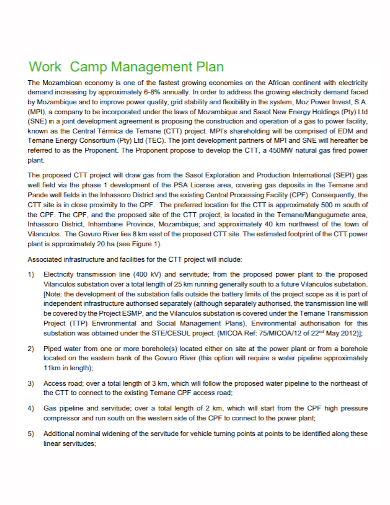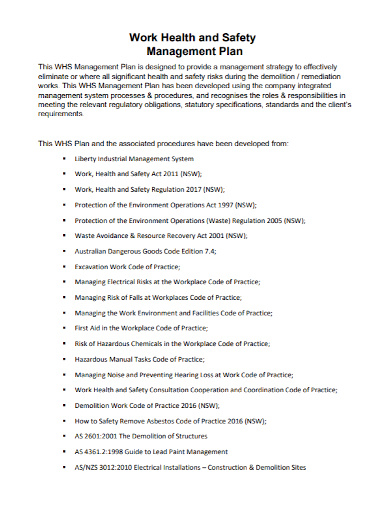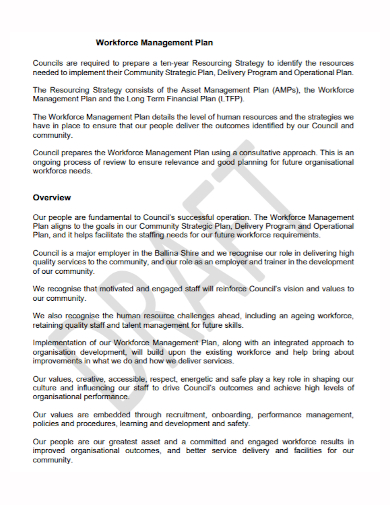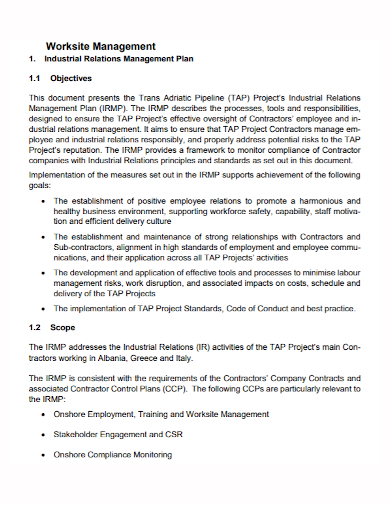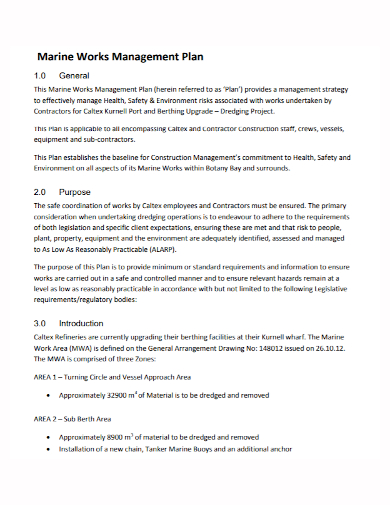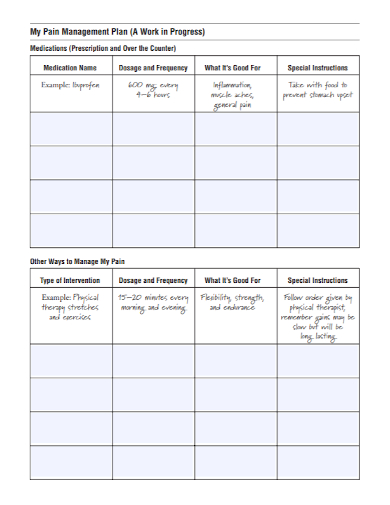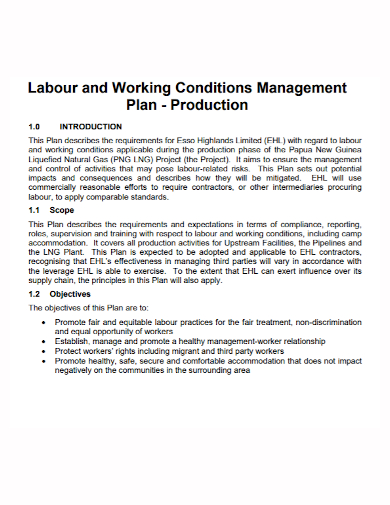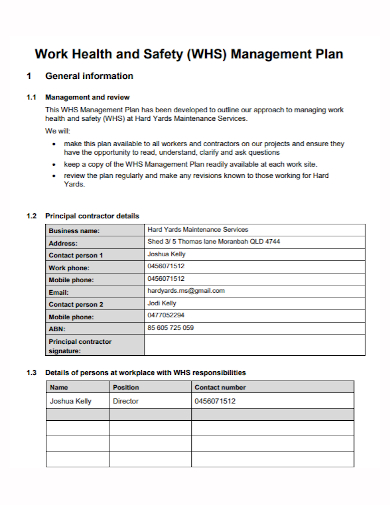Project managers devote a significant amount of time to the tasks that must be completed before a project can be completed. It is critical to research the project’s feasibility, plan for its success, schedule work, organize resources, and create a budget. The project manager’s attention is often drawn to monitoring, tracking, and reporting on progress and performance during the execution phase. Again, these are all critical parts of project management. However, don’t forget about your teammates. They’re the ones who take a notion and turn it into reality with the support of competent management and work management software.
What is a work management plan? It’s a crucial tool for assigning tasks, managing workflow, and tracking the many components and milestone dates for a project. A work plan typically lasts six to twelve months, however, it can be changed depending on the needs of the firm. Implementing work plans aids in the communication of strategies to employees, which improves team member attention and motivation. When creating work plans, go over these critical elements to make sure you don’t forget anything.
10+ Work Management Plan Samples
1. Work Management Plan Template
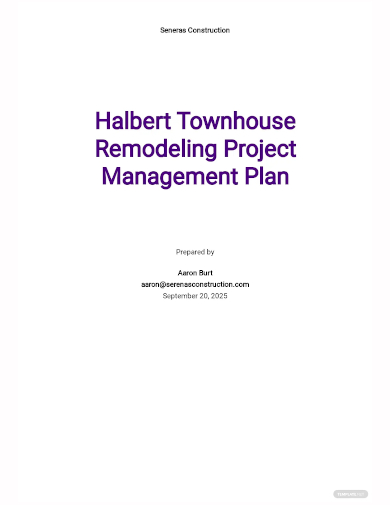
2. Project Work Management Plan
3. Sample Work Management Plan
4. Work Camp Management Plan
5. Work Health and Safety Management Plan
6. Workforce Management Plan
7. Worksite Industrial Management Plan
8. Marine Work Management Plan
9. Work Progress Management Plan
10. Labour Work Management Plan
11. Standard Work Management Plan
Creating a Work Management Plan
- You have to define your goals and objectives – Team members labor on tasks without purpose if they don’t have defined goals and objectives. The purpose of the project and the primary objectives that the project will achieve are the first things that a work plan defines. Workers can undertake work tasks toward goal achievement after these elements are identified. The goal of an office project can be to install a new IT security system with the goals of backing up data before transferring it, establishing new safety protocols, and implementing new business training. The purpose of the work plan should be defined first.
- Organize your teams and leadership skills – People are assigned to teams or tasks after the objectives have been set. Different structures, such as hierarchy levels and interdependent team levels, maybe engaged in the work plan.
- You have to establish project timelines – This aphorism holds in project management when it comes to creating work plans. The more time it takes to complete a project, the more labor, and materials it will cost. Furthermore, the longer it takes to execute the project, the more money the organization loses. Create progress timelines with milestones inside those timeframes. Address any issues with meeting milestones to bring the project back on track.
- Set a budget – Setting the budget necessitates assigning teams and establishing schedules. Businesses that use third parties as part of a project frequently get bids for the jobs that have been given. These bids, internal labor, and material estimates, and any contingency expenditures such as permits or legal fees are used to develop the work plan budget. The project budget should detail the costs of each section and team. At key milestones, assess cost efficiency to see if a team is on course to meet, exceed, or fall short of its budget.
- Provide quality assurance and control – A project manager can execute quality assurance tests on progress once objectives, milestone timelines, and budgets have been established. Team leaders should report progress, costs, and any issues or problems encountered at milestone deadlines. This aids the project manager in developing an action plan to address issues before they derail the project’s budget or schedule.
FAQs
What are the types of work plans?
The types of work plans are:
- Employee work plan
- Manager work plan
- Business owner work plan
What is work management?
Function management is the junction of business and team procedures that helps teams work more efficiently by structuring workflow. It’s a method of managing your team and how they work in order to boost efficiency. This might be applied to the project’s scope or the way the project’s operations are organized. In either case, the goal is to improve productivity by streamlining these processes to better schedule work, satisfy stakeholder expectations, manage resources, and evaluate performance.
Why is work management important?
Work management is important for the same reason that every other managerial strategy is significant: it increases performance. Anything you can do to get your team to provide quality sooner and with less money would benefit the project. One of the motivations for work management is improved performance, which leads to higher quality outputs on schedule and within budget. Work management, on the other hand, streamlines procedures not just to increase their effectiveness but also to remove redundancies that waste time and money.
If you want to see more samples and formats, check out some work management plan samples and templates provided in the article for your reference.
Related Posts
FREE 10+ Scope Management Plan Samples
FREE 10+ Transport Management Plan Templates
FREE 10+ Operations Management Plan Templates
FREE 9+ Crisis Plan Samples
FREE 9+ Sample Quality Management Plan
FREE 8+ Sample Behavior Management Plan
FREE 8+ Sample Risk Management Plan
FREE 4+ Sample Configuration Management Plan
FREE 19+ Construction Management Plan Samples
FREE 13+ Communication Management Plan Samples
FREE 12+ Sample Classroom Management Plan
FREE 10+ Clinical Quality Management Plan Samples
FREE 10+ Construction Safety Management Plan Samples
FREE 9+ Sample Risk Management Plan
FREE 7+ Chronic Disease Management Plan Samples

